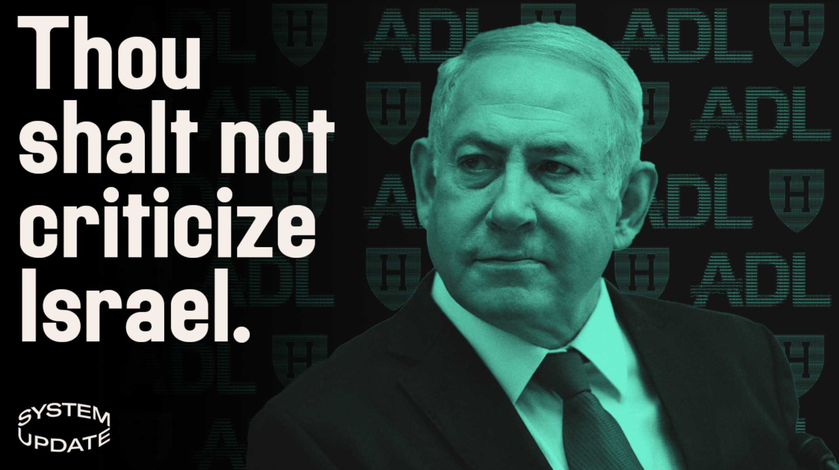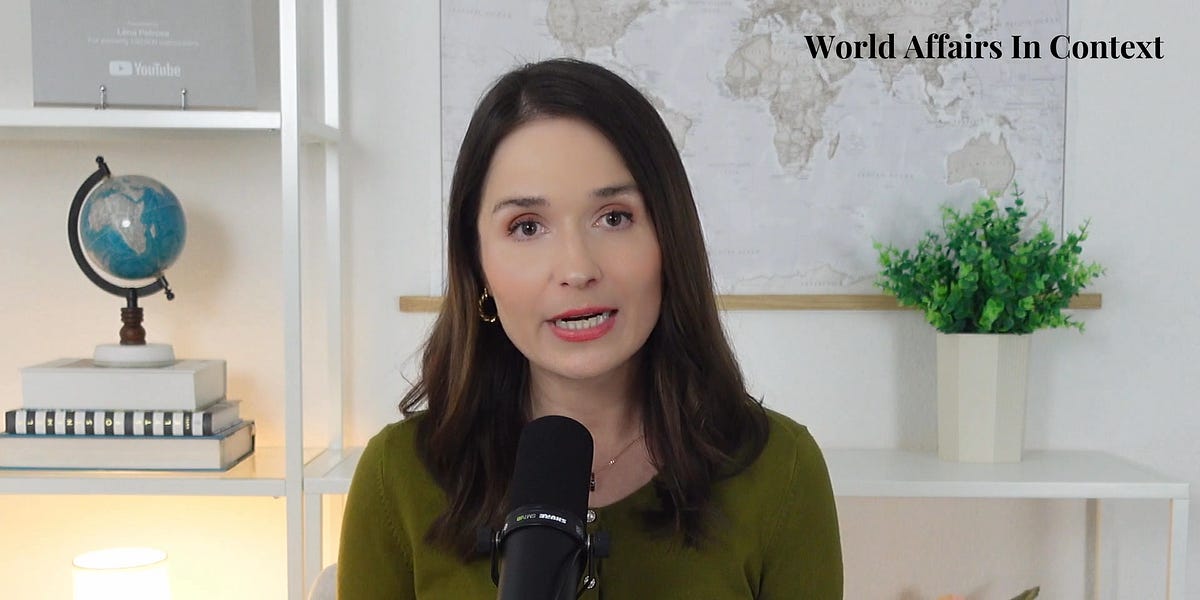Note From Glenn Greenwald: The following is the full show transcript, for subscribers only, of a recent episode of our System Update program, broadcast live on Rumble on Wednesday, January 18, 2023. Going forward, every new transcript will be sent out by email and posted to our Locals page, where you'll find the transcripts for previous shows.
Watch System Update Episode #25 Here on Rumble.
In this episode, we examine the question of some of the dreariest and most amoral tactics of defenders of woke ideology – particularly their penchant for casually accusing their opponents of bigotry, even when no animus toward any group is expressed by their critics, both as a means of destroying people's reputations who dissent from their orthodoxies and, more importantly, to suppress the ability to debate vital questions by ensuring that everyone knows that any questioning of the prevailing orthodoxies can be subjected to these reputation-destroying tactics.
We will use that framework to examine whether a similar dynamic is occurring among some factions on the Right – not by accusing critics of police policy of being racists, or skeptics of the excesses of MeToo of being misogynists, by instead by branding anyone who criticizes the government of Israel or U.S. support for that foreign country of being an "anti-Semite." Just today, the Dean of Harvard's Kennedy School admitted he "erred" when he rejected the fellowship that had been offered to the former executive director of Human Rights Watch, Kenneth Roth, due to his concerns about Roth's criticisms of the actions of the Israeli Government.
We understand that this is a sensitive topic for many people, to put that mildly, so we will ask you to keep an open mind about the arguments we present while providing our commitment to treat this topic in the same responsible manner we believe we treat all topics – by comprehensively examining the relevant questions not through assertions or tendentious interpretations but through the evidence, facts, and pertinent legal and Constitutional issues.
MONOLOGUE
Starting in the 1920s, The Supreme Court struggled to distinguish between pornography – which they had ruled was protected "free speech" under the First Amendment --, from "obscenity," which the court had ruled could be constitutionally criminalized because it fell outside of the scope of the First Amendment. After decades of attempting with great futility to offer coherent definitions of the two terms, an otherwise obscure Supreme Court justice named Potter Stewart uttered one of the court's most famous phrases.
In a 1964 ruling in the case of Jacobellis v. Ohio, which overturned the criminal prosecution of a film producer after the Ohio Supreme Court had ruled that his film – entitled The Lovers – crossed the line from legal pornography into illegal obscenity, Justice Stewart agreed with the court decision that he had done nothing illegal but wrote separately to admit what the court had refused to acknowledge for decades: namely, that it is impossible to offer a clear and consistent definition of "obscenity". In his concurring opinion, the judge wrote:























